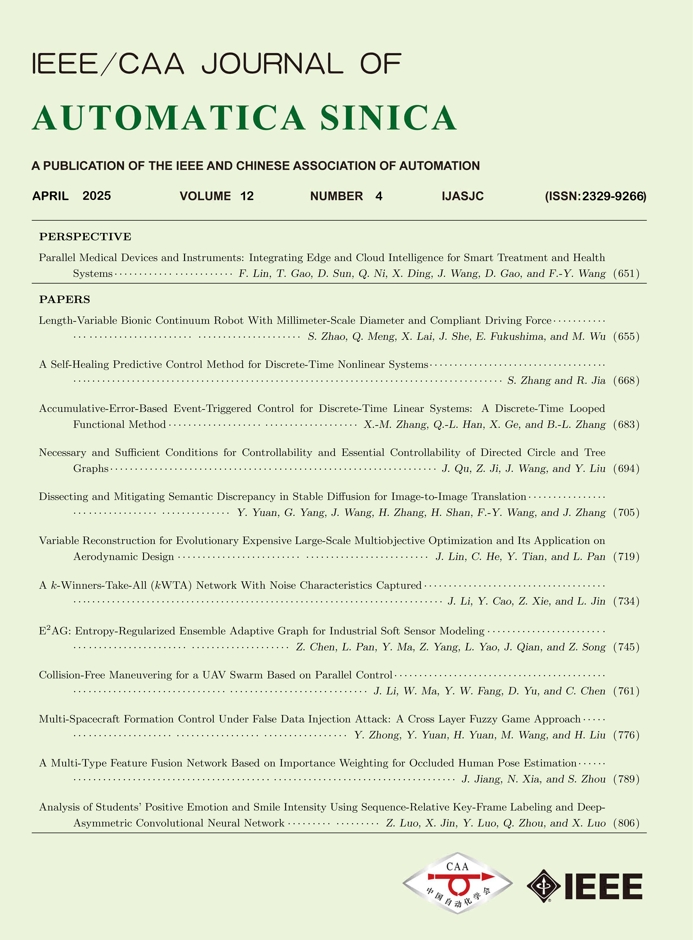Semi-trucks and other heavy-duty vehicles are responsible for nearly half of road transportation carbon dioxide emissions in Europe, according to the International Council on Clean Transportation. A team of researchers in Italy has proposed a plan to reduce the emissions without compromising priorities such as delivery times.
Paper Information
Maria Pia Fanti, Agostino Marcello Mangini, Alfredo Favenza and Gianvito Difilippo, "An Eco-Route Planner for Heavy Duty Vehicles," IEEE/CAA J. Autom. Sinica, vol. 8, no. 1, pp. 37-51, Jan. 2021.
https://ieeexplore.ieee.org/document/9272699
https://www.ieee-jas.net/en/article/doi/10.1109/JAS.2020.1003456
“Driving style, traffic and weather conditions have a significant impact on vehicle fuel consumption. Road freight traffic, in particular, contributes to significant increases in carbon dioxide in the atmosphere,” said the author Maria Pia Fanti, professor of system and control engineering and chair of the Laboratory of Automation and Control at the University Polytechnic of Bari in Italy. “Our cloud platform can help the truck driver choose the eco-route that guarantees the minimum fuel consumption.”
Dubbed the “Cloud Computing System,” the platform is composed of two main components: a data management system that collects, fuses and integrates external data, such as road slope, speed limits and weather conditions; and a cloud optimizer that uses the collected data to determine the best eco-route. Importantly, Fanti noted, the shortest, fastest route is not always the most eco-friendly. A road with more curves requires more gear shifting, while a highway with a higher speed limit may have a significant slope—both of which necessitate more fuel use to compensate.
In simulations, the researchers saw fuel consumption reduced by anywhere from 3.3% to 9.3%, depending on the scenario. The researchers also completed a case study, in which two identical heavy-duty trucks with similarly experienced drivers transported goods from Turkey to Italy. The truck guided by the eco-route used 11% less fuel than the other truck while still delivering the payload within the expected time constraints.
“The next step is to create a collaboration between the vehicle on-board system and the cloud platform to increase the fuel consumption reduction,” Fanti said, explaining that the platform is not restricted by special hardware. “The cloud platform can be used not only on innovative trucks equipped with communication devices, but also by ‘normal’ trucks with drivers equipped with smartphones.”















 E-mail Alert
E-mail Alert


